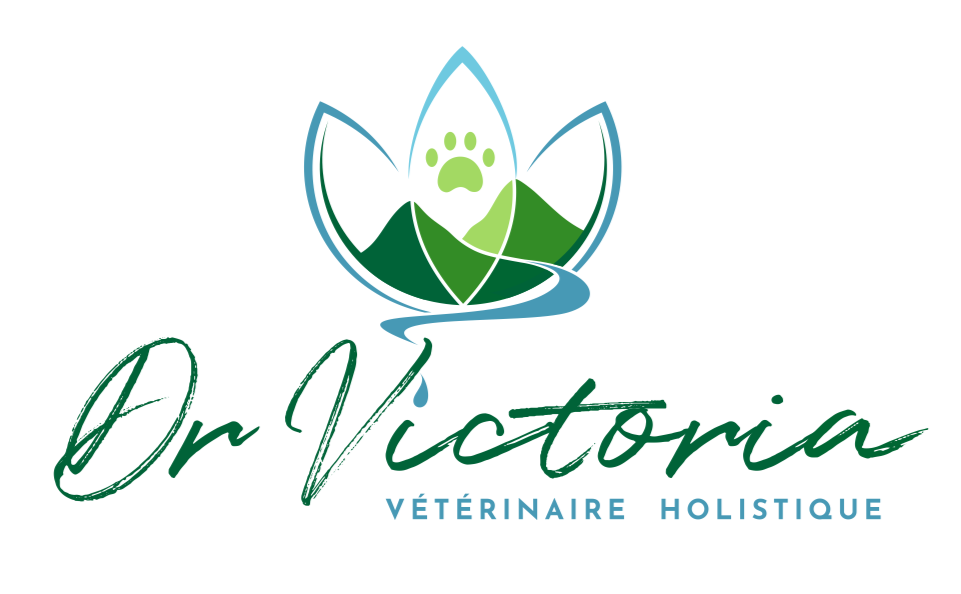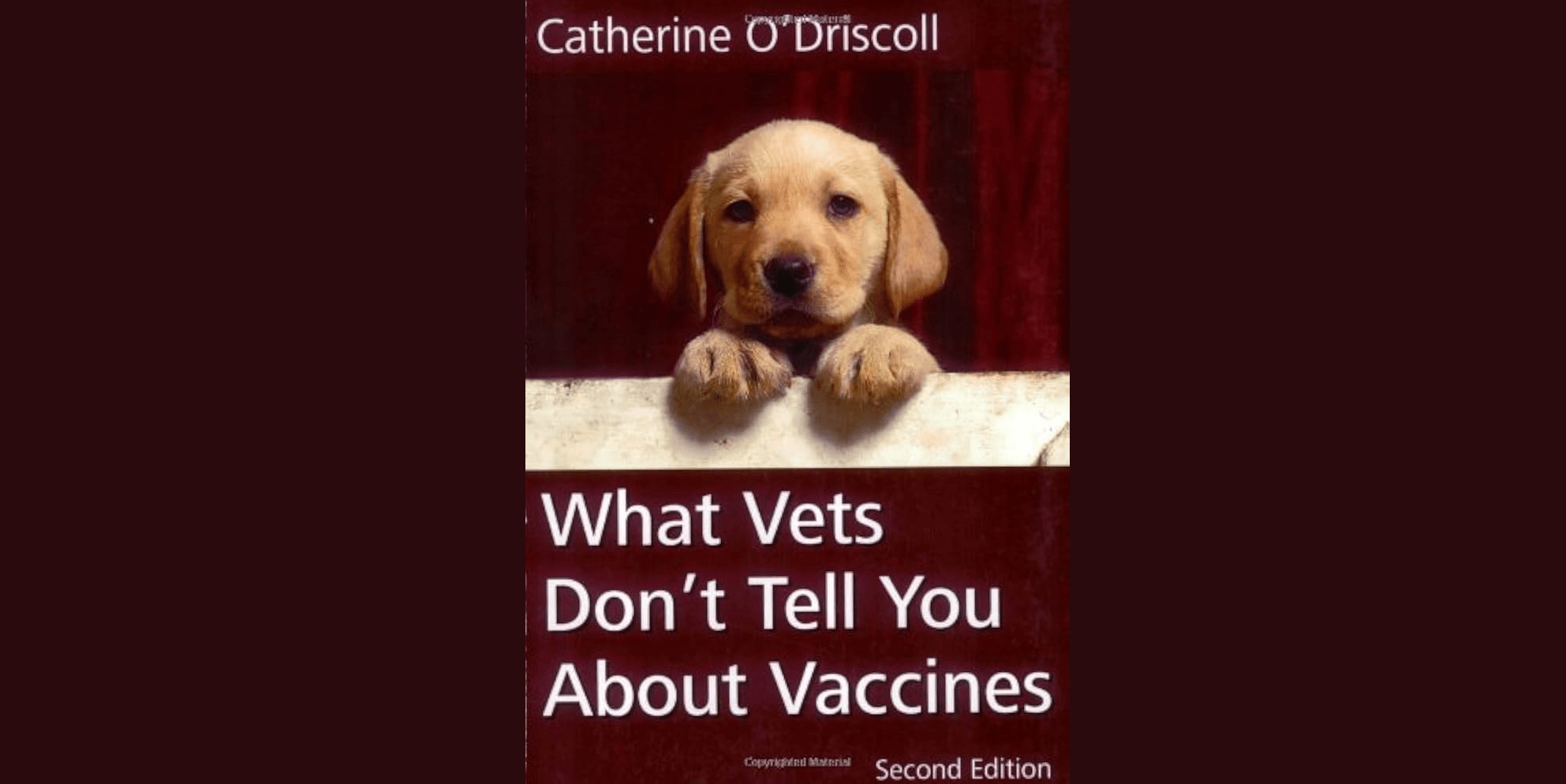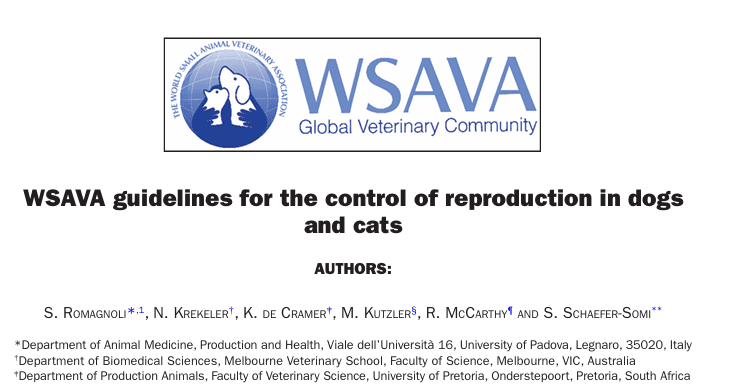Catherine O’Driscoll, in her book “What Vets Don’t Tell You About Vaccines” , published in 1997, offers a critical analysis of the current practice of vaccinating pets. Motivated by personal experiences of losing pets after vaccinations, the author explores the potential dangers and side effects often ignored or downplayed by the veterinary community.
Vaccinations: A Practice Questioned
O’Driscoll argues that vaccines, although intentionally designed to protect, can cause serious adverse effects in pets. She cites examples of autoimmune diseases, allergies and behavioral disorders that she believes can be linked to repeated and often unnecessary vaccinations. The author also criticizes the standard vaccination schedule, suggesting that it is primarily driven by economic considerations rather than optimal animal health.
Side Effects and Risks
The book discusses in detail various cases of side effects, backing up its arguments with testimonials from pet owners and scientific studies. O’Driscoll highlights the lack of transparency and information provided to pet owners about potential risks. She advocates better owner education and a more cautious, personalized approach to vaccinations, taking into account the individual health of each animal.
Alternatives and recommendations
O’Driscoll suggests alternatives to routine vaccination, such as antibody tests to check immunity before booster shots are given. She also advocates a natural diet and holistic care to boost pets’ immune systems, reducing the need for frequent vaccinations.
A Call for Reflection
Catherine O’Driscoll’s book calls for critical reflection on current veterinary practices and encourages pet owners to inform themselves and ask questions about their pets’ care. It aspires to a veterinary medicine that is more transparent, ethical and focused on the real well-being of animals.
In short, Catherine O’Driscoll’s “What Your Vet Never Told You About Vaccines” is a book that invites us to reconsider pet vaccination practices, emphasizing the need for vigilance, information and personalized care.
Since the publication of “What Your Vet Never Told You About Vaccines”, important updates have been made by veterinary organizations such as the American Veterinary Medical Association (AVMA) and the World Small Animal Veterinary Association (WSAVA) regarding vaccination protocols.
Establishment of a World Small Animal Veterinary Association (WSAVA) vaccination plan in 2007
The WSAVA has issued detailed guidelines on vaccination, focusing on the following points:
1. Basic vs. non-essential vaccinations:
Identification of essential vaccines for all animals (such as rabies, parvovirus and distemper) versus those recommended according to lifestyle and risk exposure (such as leptospirosis vaccine).
2. Vaccination interval:
Extended intervals between booster doses of certain vaccines, often up to three years for essential vaccines, instead of the previous annual interval.
3. Antibody titers:
Promotion of the use of titration tests to assess immunity before deciding on boosters, in order to prevent unnecessary vaccinations.
4. Global health considerations:
Adoption of a holistic approach that takes into account each animal’s overall state of health, the specific risks associated with its environment, and factors such as age, health and lifestyle.
Conclusion
These updates from WSAVA show a move towards more cautious, personalized vaccination practices, aligned with some of the concerns raised by Catherine O’Driscoll in her book. Pet owners are encouraged to discuss their pets’ specific needs with their veterinarians to ensure effective protection without over-vaccination.




